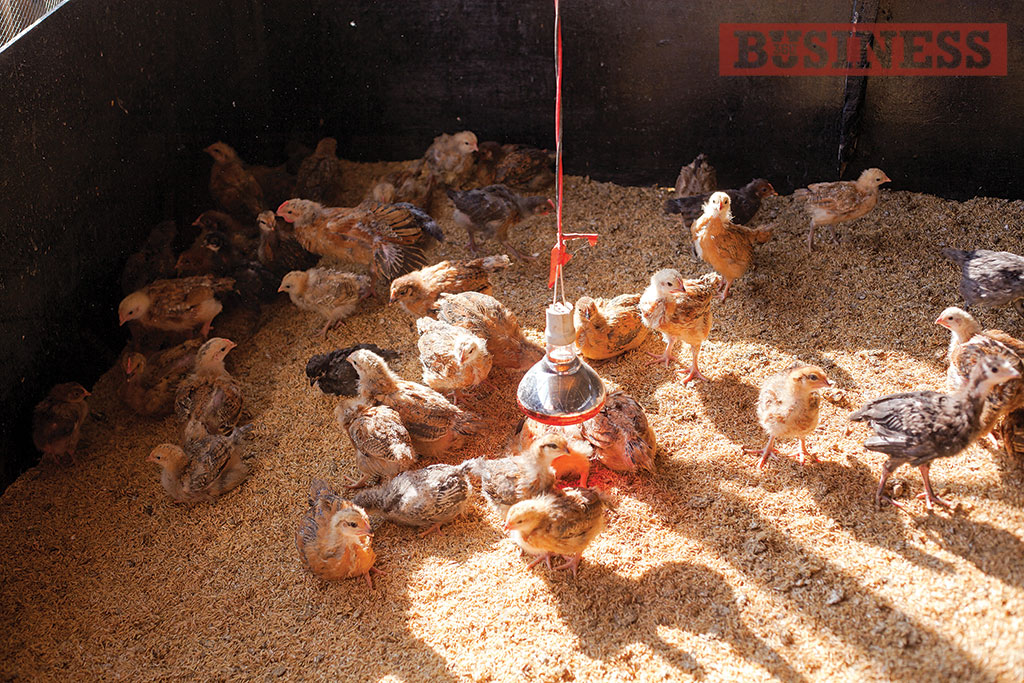
Green Road Waste Management promises to address two pressing problems together: bad roads and burgeoning plastic waste
Text by Ankita Jain
Introduced in the country by the duo Bimal and Sanjeev Bastola, plastic road technology involves mixing shredded plastic with hot gravel and adding it to molten asphalt. Plastic and bitumen bond well together because both are petroleum products. This combination enhances the road’s ability to carry weight as well as its life. The technology was patented by Dr. Vasudevan, known as the ‘Plastic Man of India’ in the year 2006. “The plastic road technology comes as an answer to the nagging problem of waste plastic disposal. Studies show that plastic roads do not develop familiar defects: potholes, rutting, ravelling or edge flaw, even after four years,” says Bimal, Co-founder, Green Road Waste Management, who received the technical training of the process from Bhutan.
So far, a hundred meter prototype plastic road has been laid in Pokhara using this technology by Green Road Waste Management registered in 2018. “We are currently working on a 200m road in Kirtipur municipality which is on the verge of completion,” says Bimal whose initiative has earned him huge recognition in Pokhara.
Besides opening up an avenue to use plastic waste, the roads built with polymerised asphalt last longer. The waterproofing quality ensures that the water doesn’t seep down, thus reducing wear and tear. “While asphalt roads are expected to last for three years, roads with plastic as an add-on aggregate ensure longevity of seven years. The waterproofing makes the roads ‘pothole-proof’. Roads with the polymerised mix also don’t crack or melt under extreme heat conditions,” he informs.
The company currently is looking for investment to set up a factory in Pokhara. “In the first phase, we are looking to use the factory space for plastic waste collection and processing plant. And later for producing construction machineries and asphalt plant,” he elaborates. He highlights that convincing people about plastic road technology is one of the biggest challenges. “It is very hard to convince people. Also, since there is no standards set for plastic roads, we are not able to do big government projects that go into the tendering process,” he rues.
What it takes…
• A normal road requires 10 tonnes of bitumen for each kilometre.
• One km of plastic road requires 9 tonnes of bitumen and one tonne of waste plastic.
• The use of plastic saves Rs 200,000 per km of road.
• Each tonne of plastic waste is equal to 10 lakh carry bags.
Further, he shares that banning plastic is not the solution, rather efficiently managing disposal and collection of waste plastic is. He says that the fault lies with the government, companies and people who do not dispose plastic waste properly and allow it to choke water bodies and channels. “A highly productive material like plastic earns disrepute due to human error,” he says.
Bimal advocates that people sell their domestic plastic waste to junk dealers as they do with old newspapers instead of throwing it in the bin. Segregation has to be carried out at various levels. Plastic waste must be collected from private and public places and the SHGs could be involved in collecting, shredding and selling it to companies that lay roads. “It will financially empower women, save the environment, and improve the quality of roads,” says the emerging entrepreneur.
Single-use or disposable plastics such as carry bags, wrappers and pet bottles are most commonly used. The three types of single-use plastics — polyethylene, polypropylene and polystyrene — he points out, are safe plastics and do not emit toxic gas when burnt. “The drawback is plastic does not decompose, and we are allowing it to strangle us by failing to manage it,” he says.
The use of plastic road technology is in full swing in neighbouring countries. Approximately 100,000 km of roads in India and 200 km in Bhutan have been blacktopped using plastic.


.jpg)


.jpg)